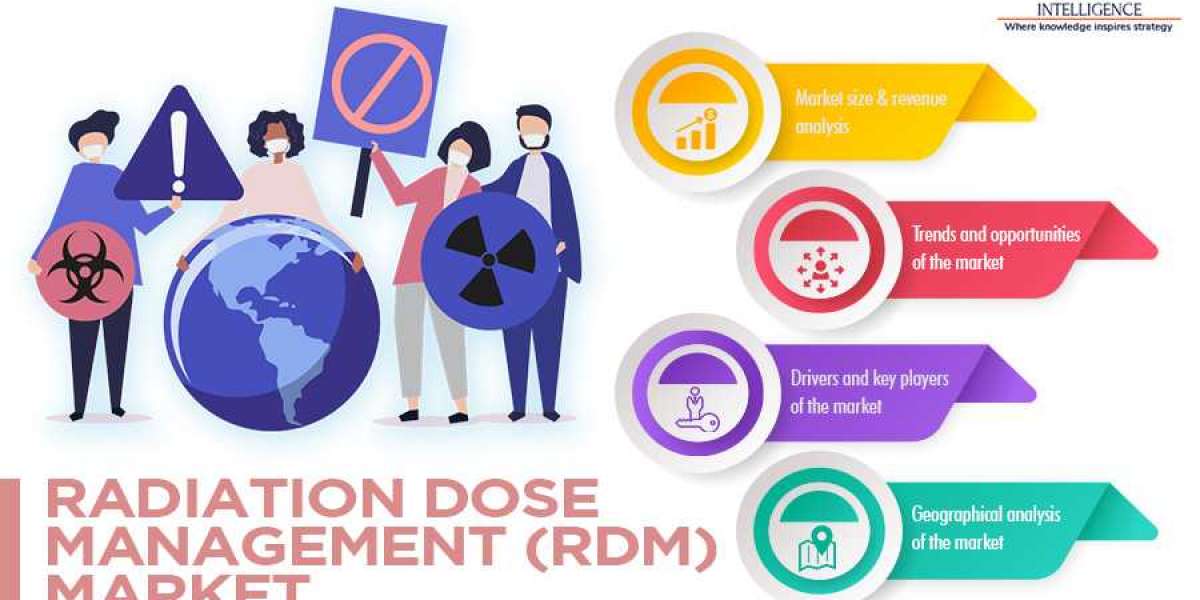Radiation dose management (RDM) solutions and services are deployed to protect patients from the damaging effects of the radiation emitted by medical devices. Exposure to high radiation doses even for a short duration can cause radiation sickness and more-severe issues such as cancer. Some of the common symptoms of radiation poisoning include fainting, confusion, nausea, hair loss, diarrhea, bleeding, and mouth and skin sores. Moreover, radiation overexposure is not just a risk for patients; even doctors, other medical staff, and people coming to visit or accompanying patients are at risk.
Integrated and standalone RDM solutions and implementation and integration, support and maintenance, consulting, and training and education services are offered to hospitals and super-specialty clinics. These solutions and services are largely employed in hospitals, as most of the diagnostic procedures are performed in these facilities to help detect, treat, and manage several diseases. Additionally, RDM products and services are widely used in research laboratories and academic institutes to come up with better diagnosis and treatment options.
Geographically, North America generates the highest demand for RDM solutions and services due to the rising incidence of chronic disorders and surging number of CT examinations in the region. In North America, the U.S. registers the higher adoption of RDM software in comparison to Canada, on account of the increasing prevalence of chronic diseases in the former country. The U.S. Centers for Disease Control and Prevention (CDC) states that 6 in 10 adults in the country are affected by chronic diseases. Additionally, the Medical Imaging and Technology Alliance (MITA) is taking measures to optimize patient dose across the industry in the U.S.
Furthermore, the European region is expected to display a rapid adoption of RDM software and services in the coming years. Healthcare providers here are adopting RDM solutions and services to maintain the safety standards regarding radiation exposure in medical settings. Moreover, the growing cases of chronic diseases and surging awareness regarding radiation dose safety, created through conferences and campaigns, will fuel the demand for these solutions and services in the future.
Additionally, an escalating number of initiatives to reduce the dose of interventional radiation has created huge growth opportunities for the market players. For example, the Society of Interventional Oncology (SIO) has been created on account of the exponential rise of interventional oncology. The SIO was created to focus on the subspecialty of interventional radiology, to decrease the use of radioactive material for radiation therapy. Due to these reasons, RDM market players, including Koninklijke Philips N.V., PACSHealth, Novarad Corporation, Qaleum N.V., Agfa Gevaert, and Bayer AG, are focusing on product launches and acquisitions to create more-effective and safer radiation-based medical devices.
Thus, the surging consciousness regarding the harmful effects of overexposure to radiation and escalating focus on patient safety will increase the adoption of RDM solutions and services in healthcare facilities in the foreseeable future.







